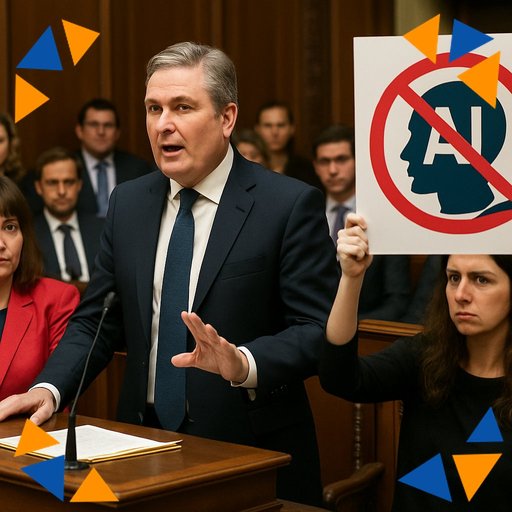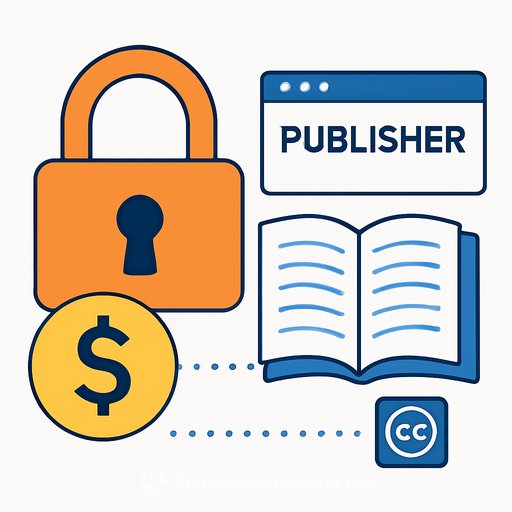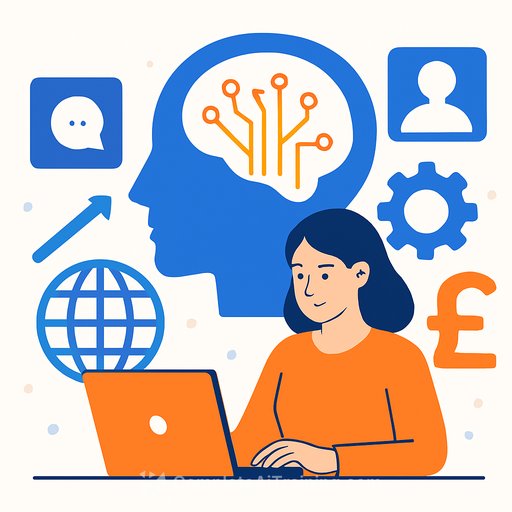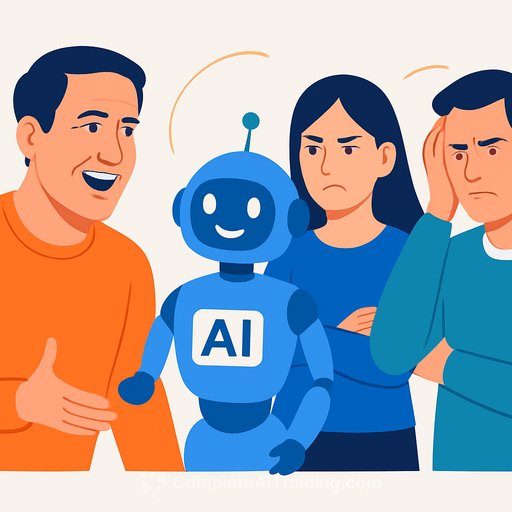AI, copyright, and the fight for Australia's creative income
The Productivity Commission is facing backlash for recommending a text and data mining exemption that would let tech companies train AI on copyrighted work. Artists argue this would legalise cultural theft at scale and collapse future income streams.
First Nations rapper Adam Briggs warned it will be "hard to get the genie back in the bottle" if Australia allows global models to ingest local work without fair pay. The message from the industry is simple: compensation isn't a radical ask.
What's on the table
The commission's interim AI report floats a TDM exemption to the Copyright Act, enabling training on copyrighted material. Senators criticised the body for not consulting artists or modelling the impact on the creative economy before publishing the recommendation.
Commissioner Julie Abramson said feedback is ongoing and the commission is considering licensing. Commissioner Stephen King argued current copyright settings are not fit for AI-era realities, especially as overseas training delivers few benefits back to Australian creatives.
The government has signalled it does not plan to change copyright law at this stage, reiterating support for the arts and the importance of IP protection.
Voices from the industry
Liberal senator Sarah Henderson accused the commission of "waving the white flag" by suggesting it isn't realistic to stop Australian data being used overseas. "Where is the benefit to Australian artists in having their work scraped by AI?"
Holly Rankin (Jack River) urged the government to reject TDM exemptions and back licensing as the only fair path. She noted deals already exist with organisations including NewsCorp, the Guardian and AAP, proving payment is viable: "Technology companies are able to pay for licenses, they just don't want to."
Why this matters to your livelihood
- Unpaid ingestion sets a floor of zero for your back catalogue and future work.
- Your style becomes a feature in someone else's product without attribution or royalties.
- Markets flood with derivatives that compete with your originals.
- Your bargaining power drops if the law normalises free training on your IP.
What you can do now
- Push for licensing in every contract: add clear "no AI training without a paid license" clauses with audit rights.
- Register and document your work. Join relevant collecting societies (e.g., APRA AMCOS for music, Copyright Agency for text/images) to strengthen your position.
- Use opt-out signals where available (platform settings, site-level directives). They aren't legal shields, but they set expectations and support enforcement.
- Adopt content credentials/watermarking for provenance on new releases to help prove misuse.
- Make your voice heard. File submissions to policy processes and contact your representatives. Collective pressure shapes the outcome.
Where policy stands
Artists, senators and commissioners agree the status quo isn't working. The fight is over the fix: blanket exemptions that normalise scraping, or a licensing-based framework that pays creators and sets enforceable standards.
The commission says it is listening. Creatives should assume nothing is decided and keep the pressure on until licensing and fair compensation are locked in.
Resources
Build your AI literacy without giving away your catalog
Learn practical, creator-safe workflows and how licensing intersects with AI tools.
Bottom line: no exemption without payment. Licensing is the line. Hold it.
Your membership also unlocks:






